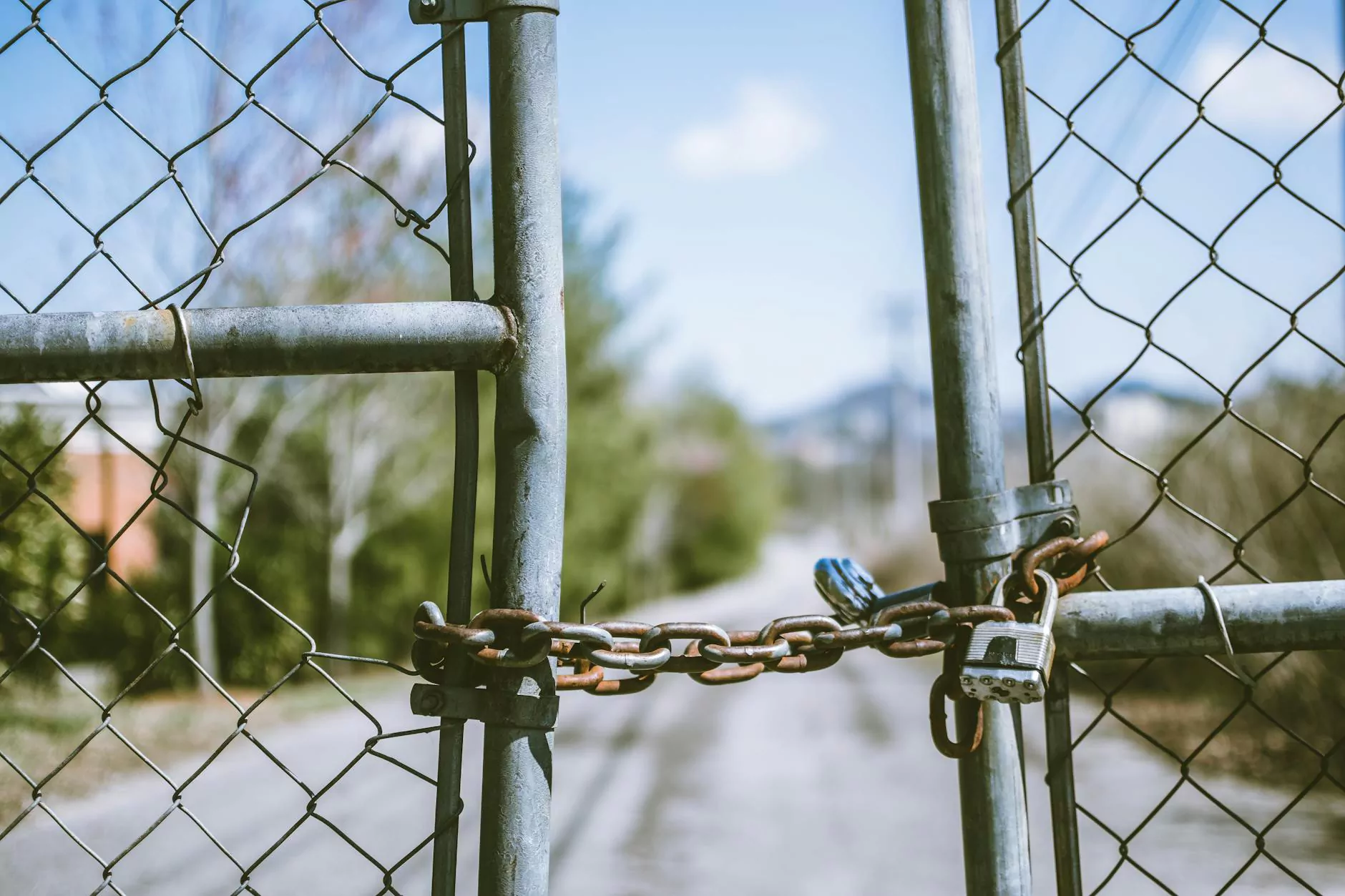How to Avoid Malicious Hyperlinks and Practice Link Safety
Blog
Introduction
Welcome to SEO Spectrum, your go-to resource for all things SEO! In this article, we will explore the importance of avoiding malicious hyperlinks and practicing proper link safety techniques to ensure the success of your website's SEO efforts.
Understanding the Impact of Malicious Hyperlinks
Malicious hyperlinks, also known as toxic links, can have a detrimental effect on your website's search engine rankings and overall online presence. These links are often created with the intention to manipulate search engine results, harm the reputation of a website, or deliver malware.
Identifying Malicious Hyperlinks
To protect your website from the harmful effects of malicious hyperlinks, it is crucial to identify and eliminate them. Here are some key indicators to help you recognize such links:
1. Unnatural Anchor Text
Pay attention to anchor texts that seem unrelated or unnatural within the context of your content. These can be signs of potentially harmful links.
2. Suspicious Domains
When reviewing your backlink profile, keep an eye out for domains with low authority, suspicious naming conventions, or irrelevant content. These are often associated with malicious links.
3. Poor Quality Websites
Websites with a history of low-quality content, spammy practices, or other questionable activities are likely to host or link to malicious content.
Best Practices for Link Safety
Now that you understand the impact of malicious hyperlinks, let's explore some effective strategies to practice proper link safety:
1. Regular Backlink Audits
Perform regular audits of your website's backlink profile to identify any potentially harmful links. Tools like Google Search Console and third-party SEO software can assist in this process.
2. Disavow Toxic Links
If you discover toxic links during your audits, utilize the Google Disavow Tool to inform search engines that you wish to disassociate from those particular links. This helps prevent them from negatively impacting your website.
3. Build High-Quality Links
Focus on building high-quality, organic links from authoritative websites within your industry. These links can enhance your website's credibility and improve its search rankings.
Conclusion
In the world of SEO, practicing link safety is of utmost importance. By avoiding malicious hyperlinks and implementing proper link safety techniques, you can safeguard your website's SEO performance and protect it from potential penalties imposed by search engines. Remember, at SEO Spectrum, we provide top-notch SEO services to help businesses and consumers thrive online. Contact us today to learn more!




